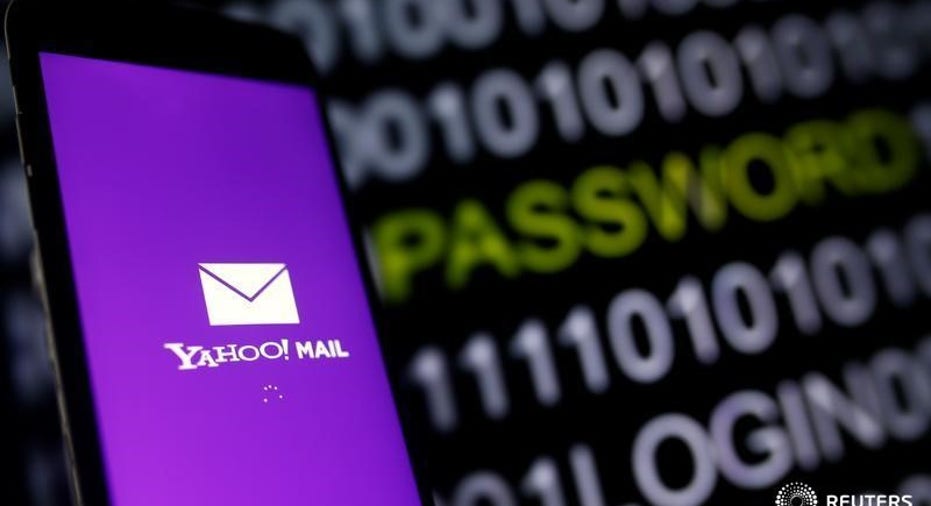Yahoo scanning order unlikely to be made public: sources

WASHINGTON – Obama administration officials briefed key congressional staffers last week about a secret court order to Yahoo that prompted it to search all users��� incoming emails for a still undisclosed digital signature, but they remain reluctant to discuss the unusual case with a broader audience.
Executive branch officials spoke to staff for members of the Senate and House of Representatives committees overseeing intelligence operations and the judiciary, according to people briefed on the events, which followed Reuters��� disclosure of the massive search.
But attempts by other members of Congress and civil society groups to learn more about the Yahoo order are unlikely to meet with success anytime soon, because its details remain a sensitive national security matter, U.S. officials told Reuters. Release of any declassified version of the order is unlikely in the foreseeable future, the officials said.
The decision to keep details of the order secret comes amid mounting pressure on the U.S. government to be more transparent about its data-collection activities ahead of a congressional deadline next year to reauthorize some foreign intelligence authorities.
On Tuesday, more than 30 advocacy groups will send a letter to Director of National Intelligence James Clapper asking for declassification of the Yahoo order that led to the search of emails last year in pursuit of data matching a specific digital symbol.
���We believe such a massive scan of the emails of millions of people, particularly if it involves the scanning of email content, could violate (the Foreign Intelligence Surveillance Act), the Fourth Amendment, and international human rights law,��� the coalition wrote in an advance draft of the letter that was shared with Reuters.
The Center for Democracy & Technology, the Electronic Frontier Foundation, Brennan Center, Human Rights Watch and the National Association of Criminal Defense Lawyers are among the signatories.
The groups say that Title I of the Foreign Intelligence Surveillance Act, under which sources said the order was issued, requires a finding that the target of such a wiretap is probably an agent of a foreign power and that the facility to be tapped is probably going to be used for a transmission. An entire service, such as Yahoo, has never publicly been considered to be a ���facility��� in such a case: instead, the word usually refers to a phone number or an email account.
The groups also pressed Clapper, who has pledged to be more transparent in the wake of controversial spying revelations, to explain how much authority FISA gives the court to order technical assistance from technology companies. Reuters reported that Yahoo had installed a special program that was hidden inside a Linux kernel module on its mail servers, where security staffers found it.
Rep. Justin Amash, who does not sit on one of the relevant committees, recently asked that all of Congress be briefed, given the significance of any change in interpreting foreign intelligence laws.
Also last week, Yahoo itself asked Clapper to declassify the secret order from the Foreign Intelligence Surveillance Court or at least describe it, so that the company could respond to press reports and criticism that it did not do more to protect its users��� communications.
The American Civil Liberties Union meanwhile filed a motion in the surveillance court asking that the Yahoo order and other significant ruling going back a decade be unsealed.
(Reporting by Joseph Menn in San Francisco and Dustin Volz and Mark Hosenball in Washington; Editing by Andrew Hay)



















